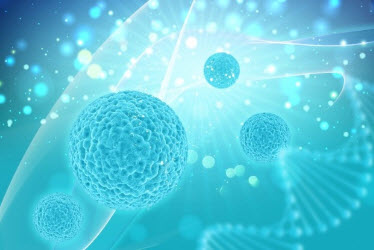NOTE: This test is ONLY AVAILABLE TO AUSTRALIAN RESIDENTS.
Mast Cell Activation Syndrome (MCAS) is a condition where a patient may have a normal level of mast cells present, but these cells may be over-responsive or overreact to the body. Symptoms are usually related to the excess and episodic release of inflammatory mediators from mast cells. A common presentation is recurrent anaphylaxis where no trigger or cause can be identified. It is often a challenging condition to detect because the inflammatory mediators may only be released during an episode, then return to normal levels. For example, if the patient is amidst a flare-up they may or may not have an elevated serum tryptase level.
Common Conditions
- Itching (pruritus)
- Hives
- Swelling
- Skin Flushing ie. skin turning red
- Wheezing
- Shortness of breath
- Heart symptoms (low blood pressure, rapid heart rate)
The MCAS Profile- Extensive assesses in a urine sample Prostaglandin D2, Leukotriene E4, and 2,3 Dinor-11b-Prostaglandin F2a. Prostaglandin D2 is a major inflammatory mediator produced by Mast Cells. Leukotriene E4 is also one of the inflammatory molecules that could be released by mast cells during an attack or flare-up. 2,3 dinner-11beta-prostaglandin F2-alpha is a marker used in the screening of Mast cell activation disorders. N-methyl-histamine is a major histamine metabolite that is produced in the mast cells. Excess levels are seen in Mast Cell Activation Syndrome.
Testing for:
- Prostaglandin D2
- Leukotriene E4
- 2,3-Dinor-11b-Prostaglandin F2a
- N-methyl-Histamine
Have any questions about this test? Ask one of our qualified health practitioners here.



